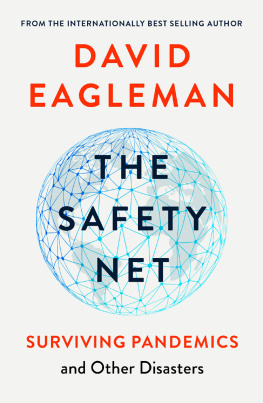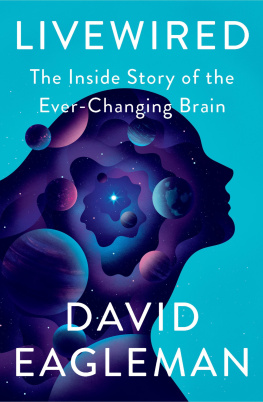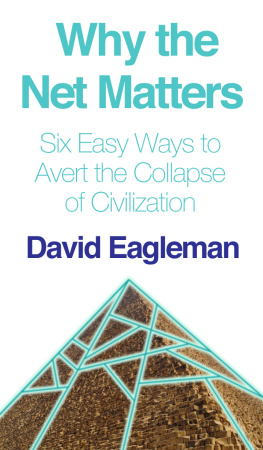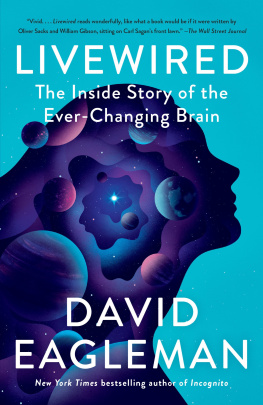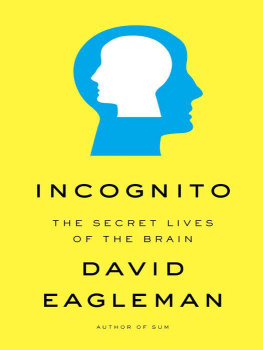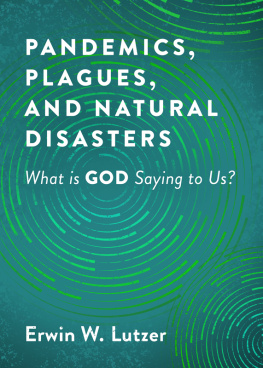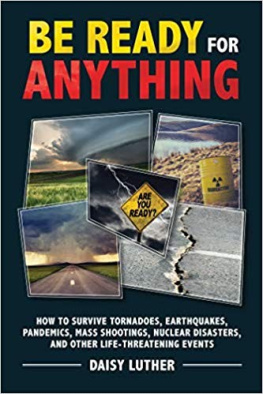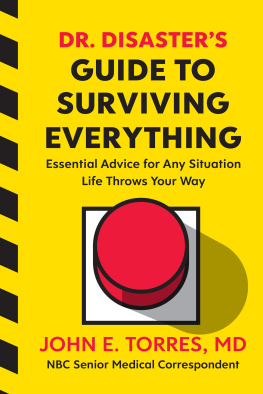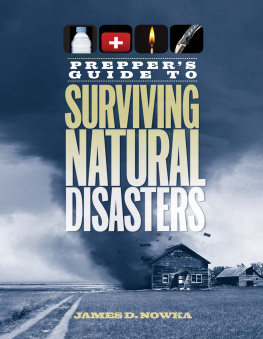David Eagleman - The Safety Net: Surviving Pandemics and Other Disasters
Here you can read online David Eagleman - The Safety Net: Surviving Pandemics and Other Disasters full text of the book (entire story) in english for free. Download pdf and epub, get meaning, cover and reviews about this ebook. year: 2020, publisher: Canongate Books, genre: Romance novel. Description of the work, (preface) as well as reviews are available. Best literature library LitArk.com created for fans of good reading and offers a wide selection of genres:
Romance novel
Science fiction
Adventure
Detective
Science
History
Home and family
Prose
Art
Politics
Computer
Non-fiction
Religion
Business
Children
Humor
Choose a favorite category and find really read worthwhile books. Enjoy immersion in the world of imagination, feel the emotions of the characters or learn something new for yourself, make an fascinating discovery.
- Book:The Safety Net: Surviving Pandemics and Other Disasters
- Author:
- Publisher:Canongate Books
- Genre:
- Year:2020
- Rating:3 / 5
- Favourites:Add to favourites
- Your mark:
- 60
- 1
- 2
- 3
- 4
- 5
The Safety Net: Surviving Pandemics and Other Disasters: summary, description and annotation
We offer to read an annotation, description, summary or preface (depends on what the author of the book "The Safety Net: Surviving Pandemics and Other Disasters" wrote himself). If you haven't found the necessary information about the book — write in the comments, we will try to find it.
The Safety Net: Surviving Pandemics and Other Disasters — read online for free the complete book (whole text) full work
Below is the text of the book, divided by pages. System saving the place of the last page read, allows you to conveniently read the book "The Safety Net: Surviving Pandemics and Other Disasters" online for free, without having to search again every time where you left off. Put a bookmark, and you can go to the page where you finished reading at any time.
Font size:
Interval:
Bookmark:
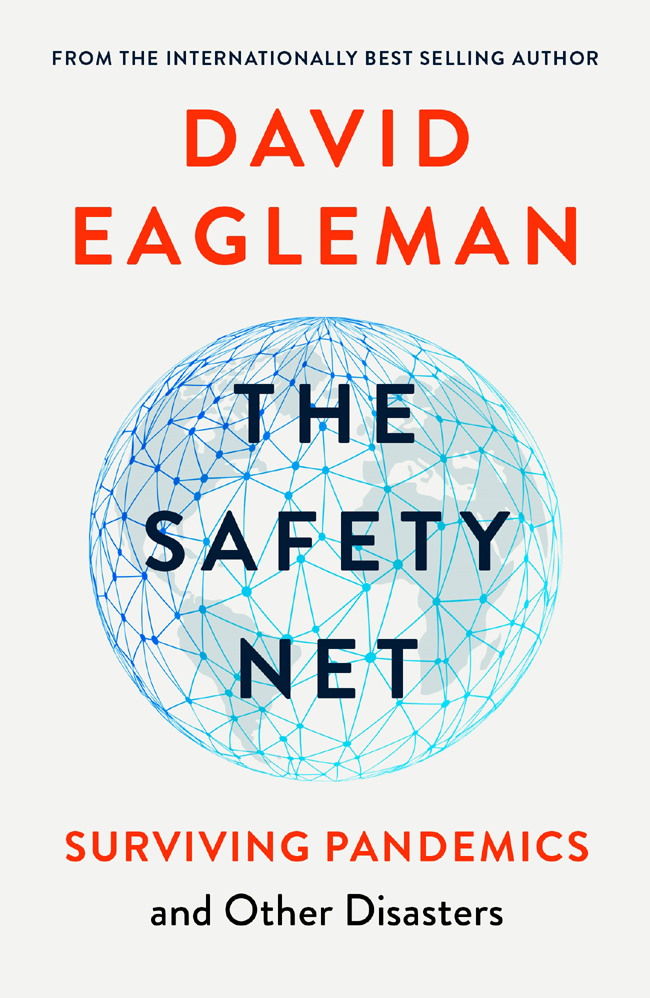
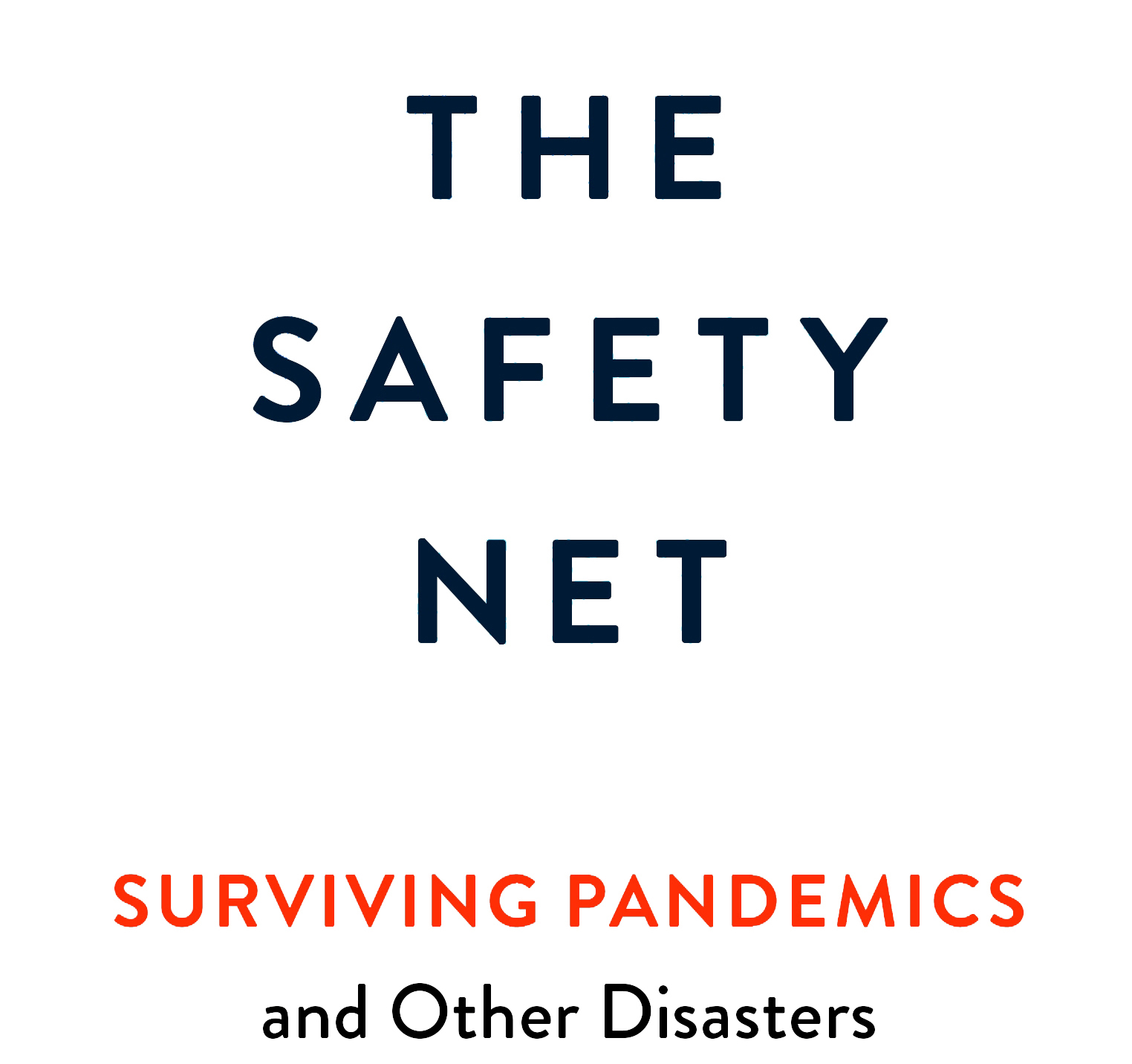


Table of Contents
Preface to the New Edition
I first published this book in 2010, and in its pages I made predictions about the way technology might save our civilization from collapse. One of the ideas was that when the next pandemic hit, we would be better positioned than ever before due to rapid communication, resource finding, telehealth, and telepresence. Its now 2020, and Im locked at home, virtually linked arm-in-arm with all my fellow earthlings while the coronavirus wreaks havoc across every public square in the world. Its a devastating time.
But it is also an opportunity to witness how much our technology has made this battle better than all of the ones that have come before. As we are all on lockdown, many people are tweeting that what were experiencing is unprecedented. Theyre wrong and theyre right.
Theyre wrong in the sense that epidemics (bacterial and viral) have plagued humans and often toppled civilizations as far back as our historical telescope can reach. Relatedly, Ive even heard some people describing the onslaught of COVID-19 as a black swan event by which they mean an occurrence that was massively improbable. But pandemics are not black swan events: they are rare, but they sweep in with a probability of one. We can be certain that the next pandemic will arrive we just dont know exactly where to put it on the calendar. For any student of history, what is happening with COVID-19 is neither unprecedented nor a surprise.
However, there is a sense in which something is new about this event. But it has nothing to do with the virus. Its on the host end. Since the last time we were visited by a pandemic, we humans have covered the Earth with a planetary communication system. Im mostly considering the internet here, but this includes all of its closely related tech as well: computer technology, international cell phone systems, global positioning satellites, and so on.
This is not to minimize COVID-19s destructive swath. But thirty years ago it would have been far worse. At that time, we already had international travel that could spread the virus but we didnt have worldwide instantaneous messaging for sharing data, spreading research, finding where resources were needed, and maximally keeping supply chains running with a chunk of the population working from home. Such advances may seem small, but the thesis of this book is that these elements of our technology will save our civilization from going the way of almost every major civilization that preceded us.
In fact, this technology is so remarkable and so new for our species that its invisibility is surprising. We simply tap letters into our laptops or touch our phones, and suddenly were conversing with another member of our species on the other side of the planet. If I told you that a squirrel in North America were instantaneously communicating with a squirrel of its choosing in Europe, you would have me committed. But our brains ability to adapt to change has made this tech seem like background furniture rather than the stuff of revolution.
This book is about re-examining our technology not in the short window of business or political cycles, but in the context of 10,000 years of civilizations. We will widen our lens to encompass the globe and lengthen our timescales to think about millennia. From that vantage point, well see ourselves in a new light in which we are just starting to open our eyes and blink in the dawn of a new millennium that has changed all of the old equations.
Why do Civilizations Collapse?
Congratulations on living at a fortuitous moment in history. We enjoy a stable society that brags technology, progress, and opportunity.
In the face of all our successes, it proves difficult to imagine that our governments, our culture, our storytelling, and our creations could all fold up and collapse. How could our lofty glass-and-steel edifices fall into ruin? How could our proud national story shrink to a few lines in history texts of the future? How could our venerated deities go the way of Neptune, Kukulkan, and Osiris? How could our culture degrade to the unremembered?
Note that you would have had exactly the same trouble envisioning collapse if you lived in the brawny empire of the Romans, or during the Golden Age of the Athenians, or during the pinnacle centuries of the Egyptians, the African Mali, the Babylonians, the Mesopotamians, the Toltec, the Anasazi, or any of the other societies that have risen and fallen before us.
In the surprisingly short span of written history, an astounding number of great civilizations have collapsed. Centuries of progress and development have caved in on themselves, leaving nothing but archeological ruins and scattered genetics. Sensitive literature, inspired mathematics, and bold architecture have degraded in the compost piles of history.
But why? The mystery of disappearing nations has always attracted researchers to sift through the evidence to discern what went wrong. Happily, their detective work has paid off. Patterns have emerged. Although there are many vanished civilizations, they share in common a handful of maladies. Foremost are epidemics, natural disasters, poor information flow, political corruption, economic meltdown, and resource depletion.
These are problems that almost all civilizations come face to face with in some degree, in some fashion at some point. And so will we. Repeatedly.
But I make the case in this book that we may be luckier than most of our predecessors. Almost accidentally, we have developed a technology no one else possessed: a rapid communication network that finds its highest expression in the internet. This technology obviates many of the threats faced by our ancestors. In other words, our biggest risks may already be counterbalanced by our most popular technology.
From tsunami warning systems to Twitter revolutions, from the conversion of commerce into zeros and ones to automated epidemic detection, from information immortality to the democratization of education, our communication technology is changing the rules of the civilization survival game. This is not to say there wont be new threats, or that we can relax our vigilance, or that cyberoptimism should not be tempered by the double-edged complexities of technology but it is to say that our risk analysis is undergoing a full overhaul. We are poised in a watershed moment in history.
We all enjoy the internet for its fast look-ups, social mash-ups, online bargain discovery, and instant knowledge gratification. But the roots of its importance run deeper. And they require careful attention. After all, the nervous system of the internet has wrapped our planet like kudzu, working its way into lives, buildings, economics, and societies. What better opportunity is there for students of natural history than to study, probe, and seek to understand this new creature?
Sidestepping Epidemics
One of our most dire threats for the collapse of civilization comes in the tiny package of infectious disease. Microbial epidemics precipitated the fall of the Golden Age of Athens, the Roman Empire, and most of the empires of the Native Americans.
Font size:
Interval:
Bookmark:
Similar books «The Safety Net: Surviving Pandemics and Other Disasters»
Look at similar books to The Safety Net: Surviving Pandemics and Other Disasters. We have selected literature similar in name and meaning in the hope of providing readers with more options to find new, interesting, not yet read works.
Discussion, reviews of the book The Safety Net: Surviving Pandemics and Other Disasters and just readers' own opinions. Leave your comments, write what you think about the work, its meaning or the main characters. Specify what exactly you liked and what you didn't like, and why you think so.

